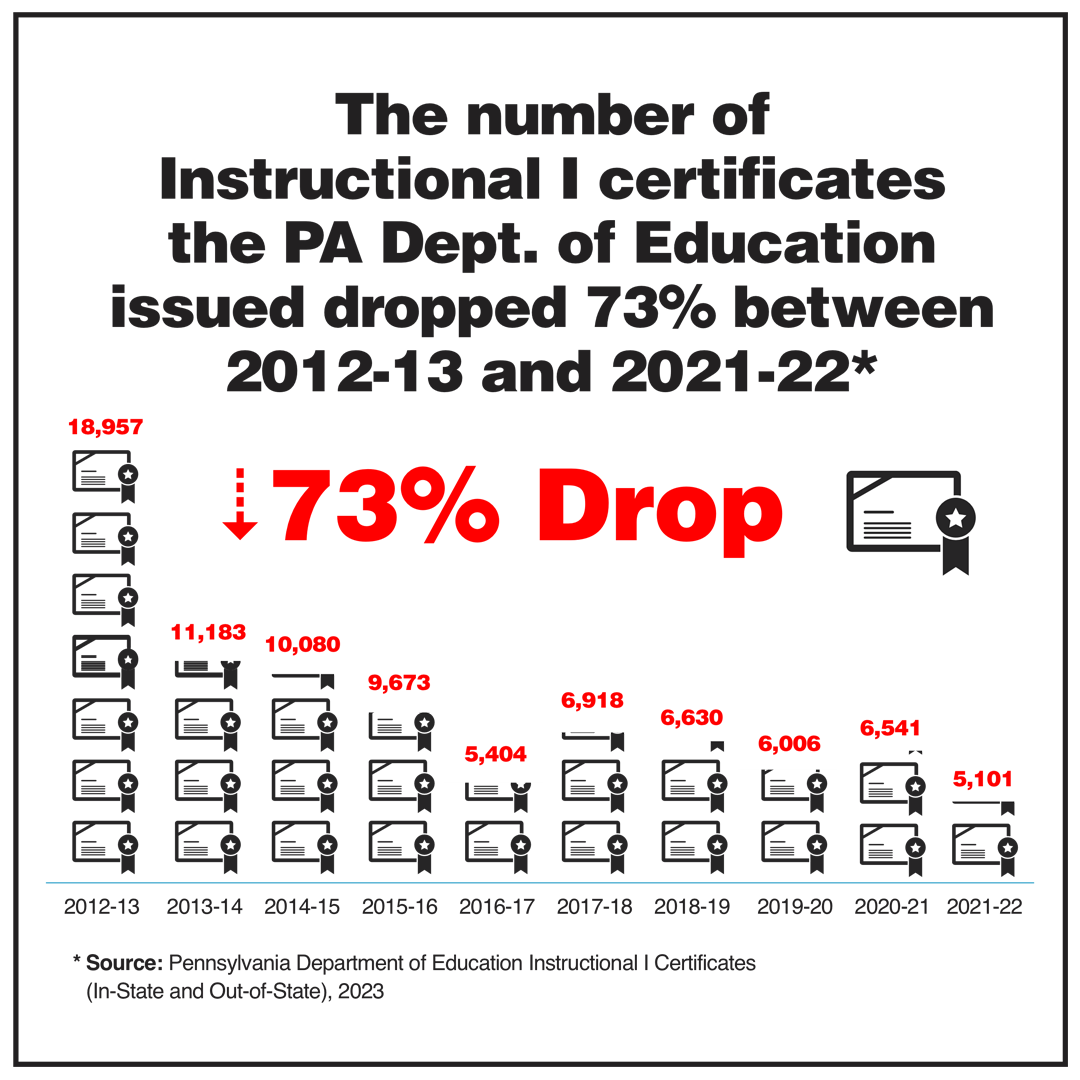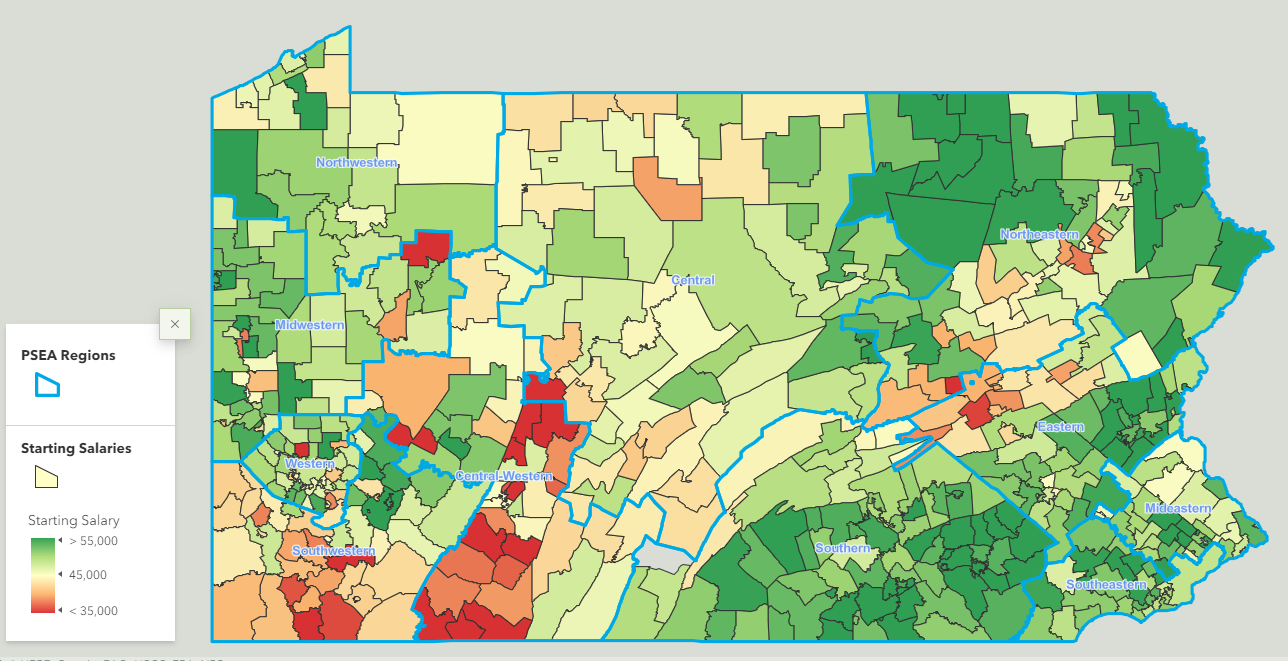-
About PSEA
The Power of a Great Education
PSEA is a community of education professionals who make a difference in the lives of students every day.
Who We Are
-
Issues & Action
-
News & Events
Newsstand
Publications
-
For Members
Member Resources
Professional Practice
PEARL and Center for Professional Learning
M. Ed. Partnership Program through PennWest U.
Professional Publications Library
Your Profession



